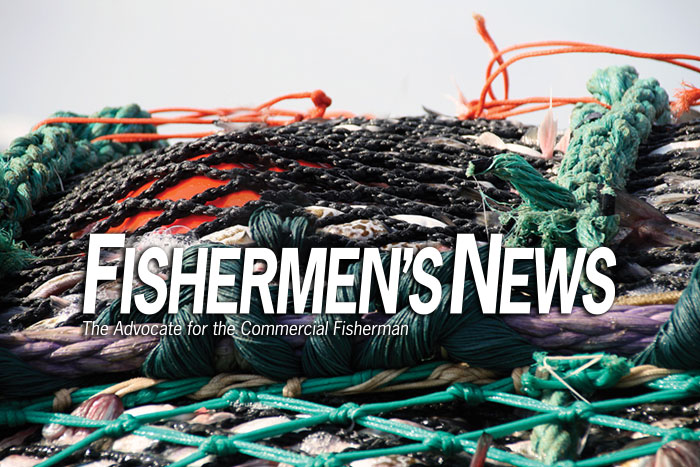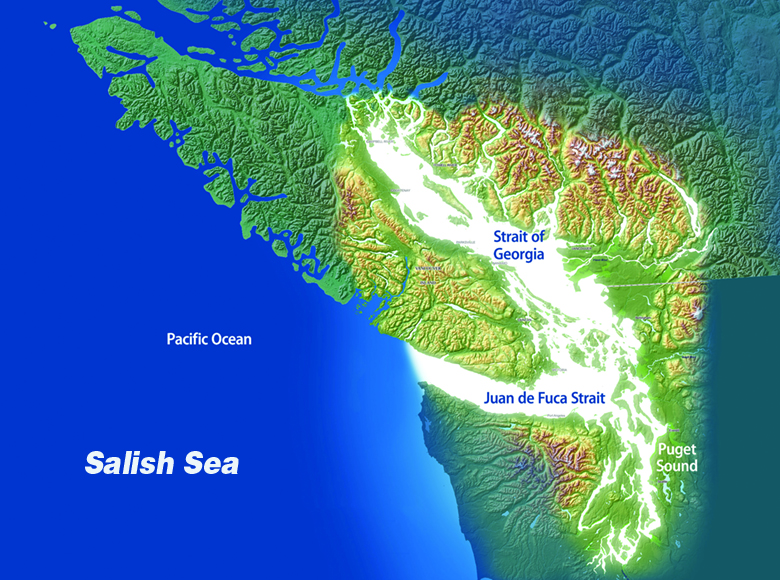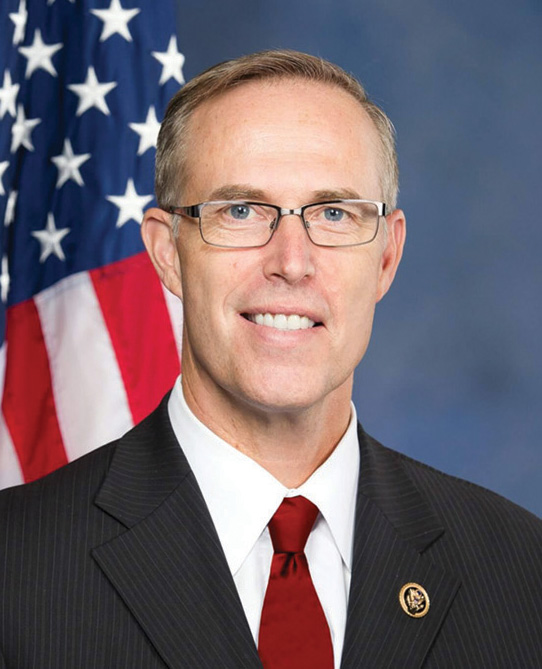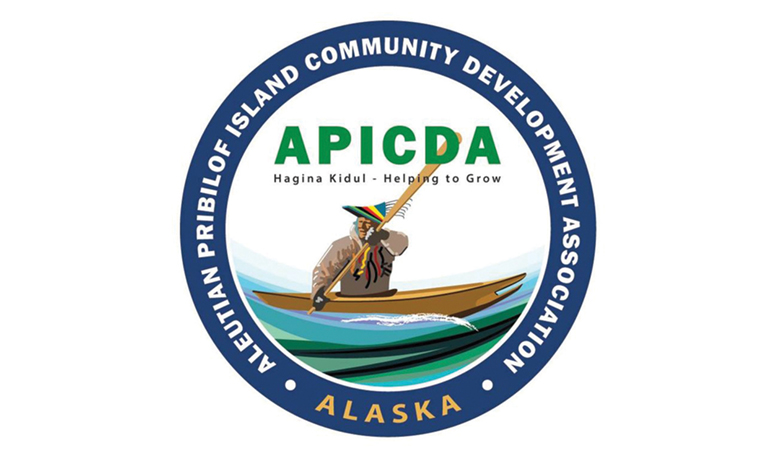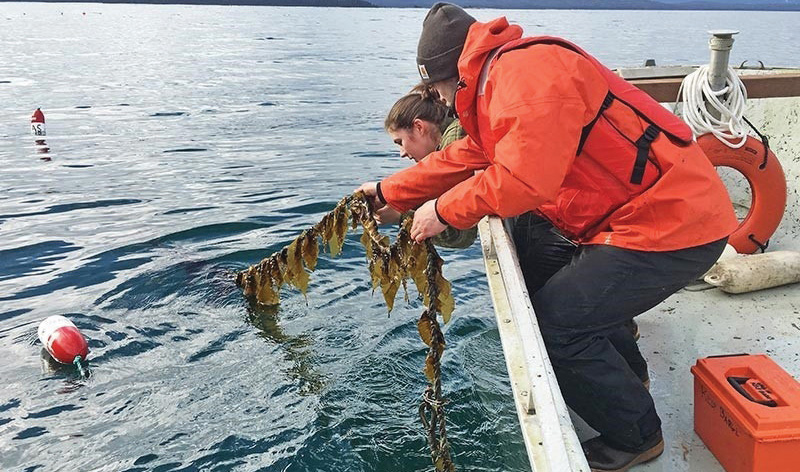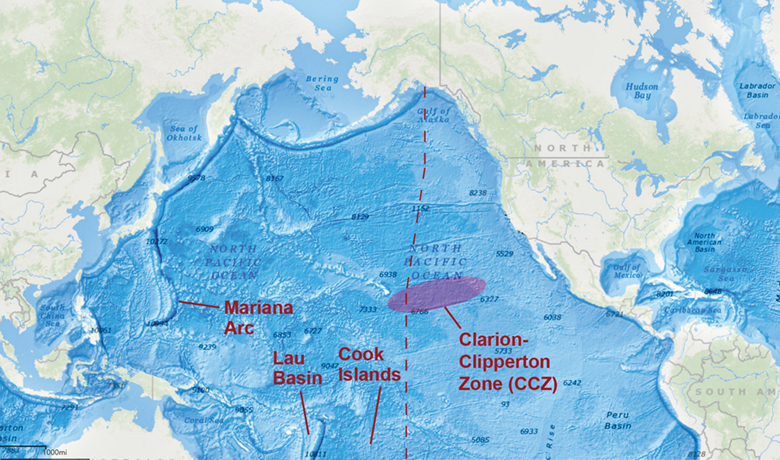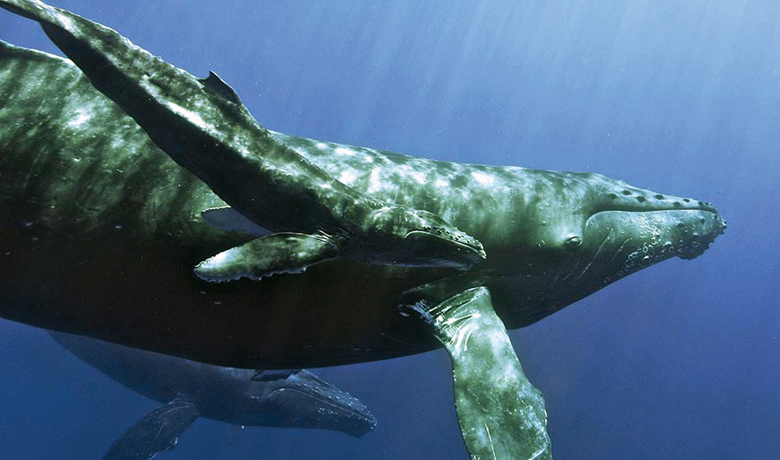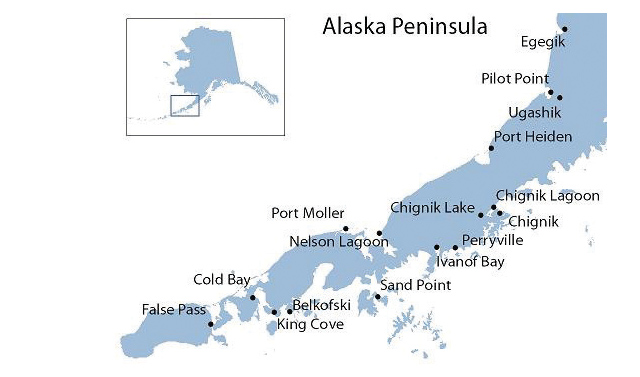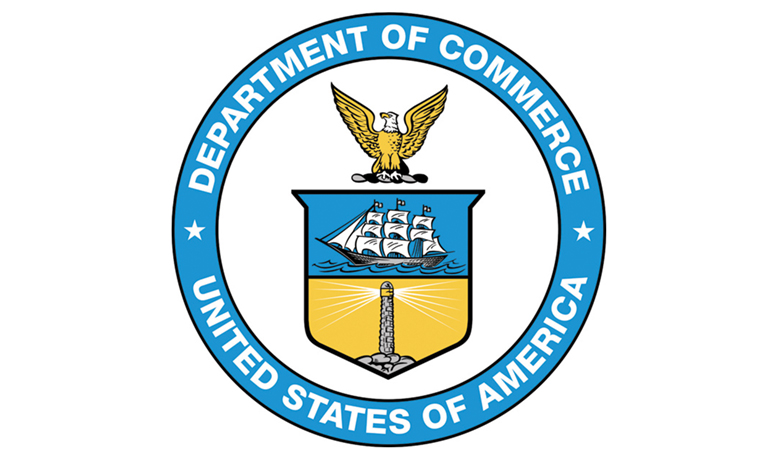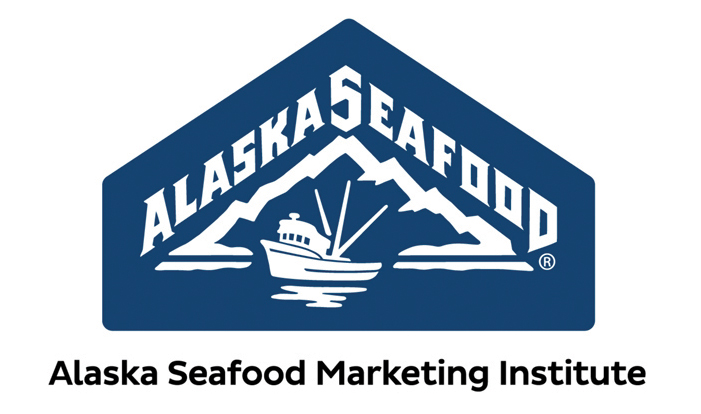From the Editor: Omicron
Just as things in the commercial fishing industry seemed to be getting back on track and trending in the right direction, up pops the obstacle known as the Omicron variant, pulling everything backward again.
Omicron, as you hopefully know by now, is a mutated form of the dreaded COVID-19 disease that has cause havoc within global fishing community, as well as most other industries, not to mention nearly everyone’s daily lives.
Among the issues the virus and its latest variant have caused are costly shutdown, drops in revenue and manpower shortages. Many of these ongoing problems are detailed in an article on page 24 of this issue of Fishermen’s News by our Alaska bureau chief, Margaret Bauman. In the story, she details how the pandemic has affected commercial fishing over the past couple...

